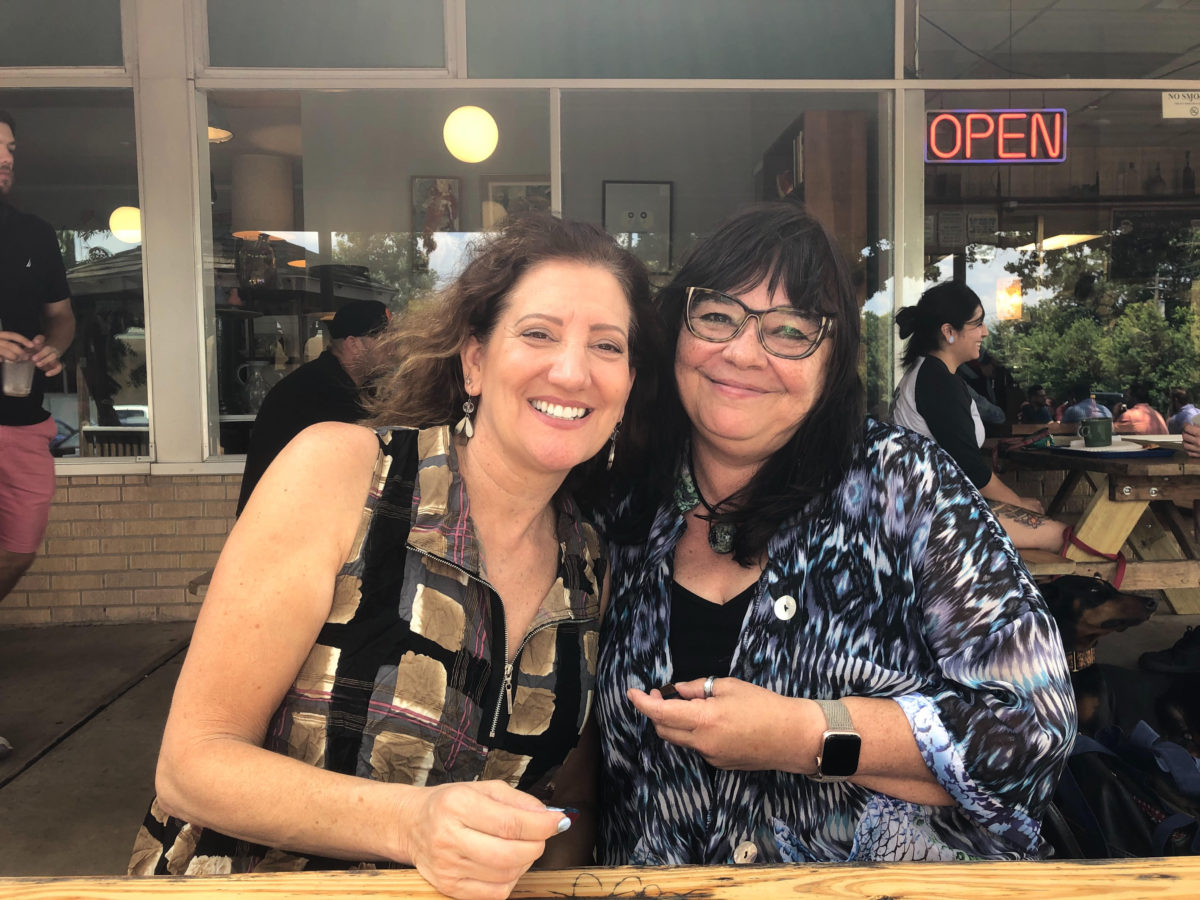A decade ago, the Pew Research Center conducted research called “The 2010 Religious Knowledge Survey.” The results showed a lack of religious literacy among Americans. For instance, more than half of Christians didn’t know that Genesis is the first book of the Old Testament. Few Americans knew that Vishnu and Shiva are figures in Hinduism. Most didn’t know that the Dalai Lama is a Buddhist spiritual leader.
In July of 2019, the Center released more research on this topic called “What Americans Know about Religion.” It reports,
“Most Americans are familiar with some of the basics of Christianity and the Bible, and even a few facts about Islam. But far fewer U.S. adults are able to correctly answer factual questions about Judaism, Buddhism and Hinduism, and most do not know what the U.S. Constitution says about religion as it relates to elected officials. In addition, large majorities of Americans are unsure (or incorrect) about the share of the U.S. public that is Muslim or Jewish….”
“What Americans Know About Religion,” Pew Research Center
At ACC there is a growing interest in religious literacy. Grant Potts, Department Chair of Philosophy, Religion, and Humanities was tapped by the American Academy of Religion to help develop religious literacy guidelines which were released in Fall 2019. Here is link to those guidelines: https://www.aarweb.org/aar-religious-literacy-guidelines
In the past two summers Professors Farrah Keeler, Daniel Waktola, Barbara Lane, and Frank Cronin have attended Harvard University’s Religious Literacy Institute. The Institute’s focuses are to educate teachers about religious literacy and to help them incorporate it into their curricula. This is the link to the Institute: https://rlp.hds.harvard.edu/
And in May 2019, Dean Matthew Daude Laurents and Grant Potts convened a group of like-minded teachers for a Religious Literacy Committee. For the short term, the committee is trying to do the following:
- recruit more members for the committee
- educate ACC faculty about religious literacy
- facilitate faculty attendance at the Institute
- non-academic support for students and their religions
Since knowledge of religion can be useful in so many areas like History, Government, Sociology, Interdisciplinary Studies, Criminal Justice, Nursing, Travel and Tourism, and others, the committee is reaching out to teachers to join the committee. If you are interested, please get in touch with Professor Grant Potts at gpotts@austincc.edu.
In Fall 2020 and Spring 2021 the Religious Literacy Committee will host three video sessions for faculty. The February 12, 2021 and April 9, 2021 meetings are tentative dates.
- Friday November 13, 2020, 1-2 PM: A panel will talk for about a half an hour on the basics of religious literacy and The Harvard Religious Literacy Project. We will have a set of questions to guide our presentation. The second half of the meeting will focus on questions and comments from the attendees.
- Friday February 12, 2020, 1-2 PM: This will focus on The Harvard Religious Literacy Project which will be accepting applications for next year’s Institute. Frank has gotten in touch with Lauren Kerby and Anna Mudd of the Institute to be a part of the meeting. They are interested as long as our day and time fits their schedules.
- Friday April 9, 2020, 1-1 PM: The focus of this meeting will be on students. We will invite ACC Student Services employees and others to participate.
post by guest blogger Frank Cronin



